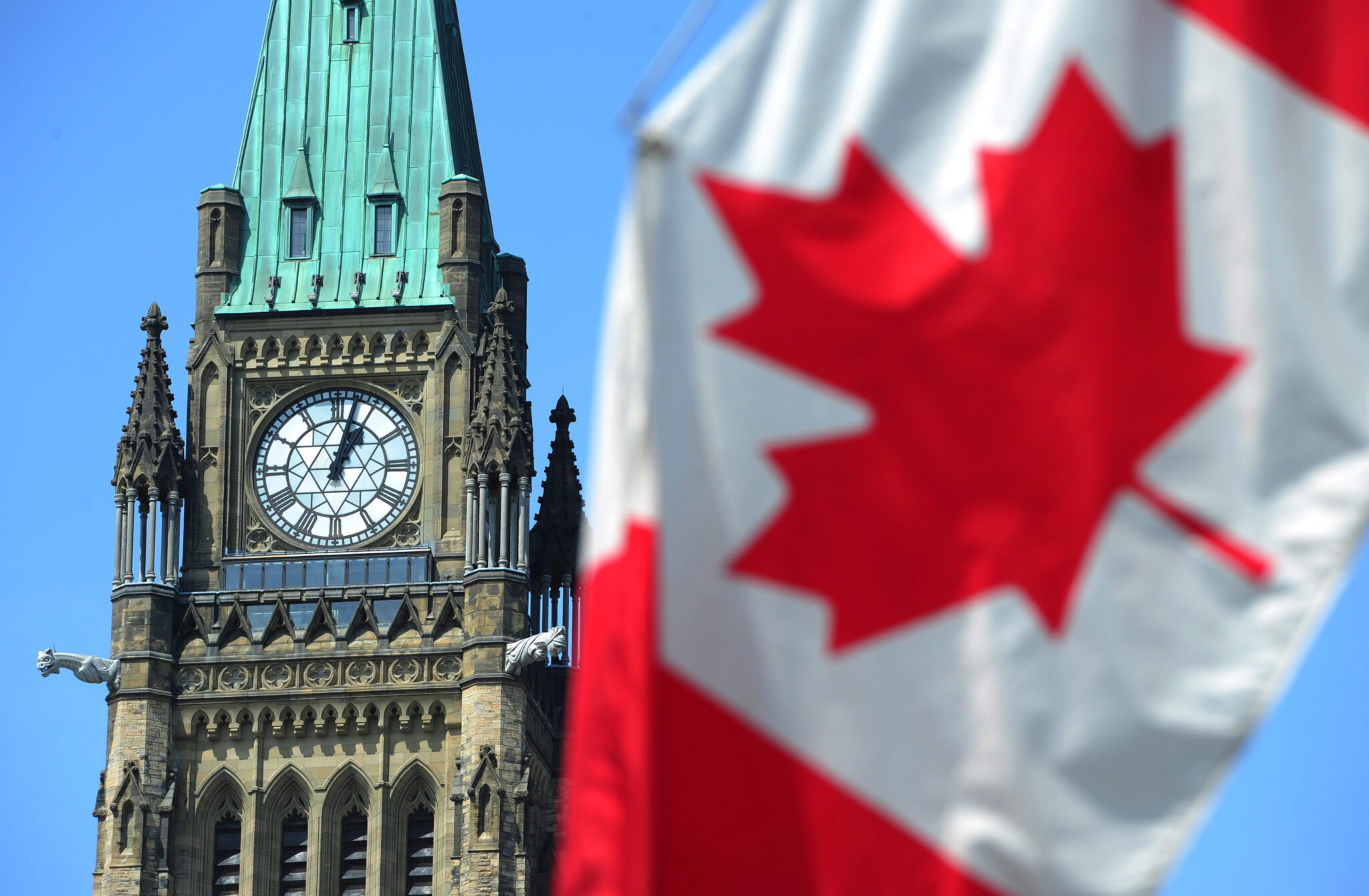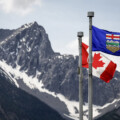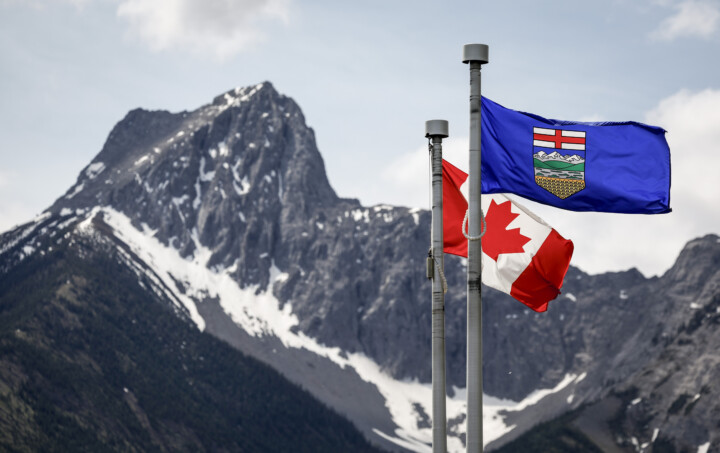If present polling trends continue, and Canada’s next election sees Prime Minister Carney’s Liberals win a decisive majority, or even a strong minority, the late Trudeau era will prove a persuasive anecdote about the importance of party leaders. If Liberal numbers fall, meanwhile, and Pierre Poilievre’s Conservatives win the majority that’s been the safe bet for years, we’ll gain an equally persuasive data point about the limited usefulness of changing pilots mid-flight.
There is a third possible outcome, however, one that wouldn’t supplement our understanding of Canadian democracy as much as destroy everything we thought we knew about it: a Conservative minority government that’s not permitted to take power.
Canada has elected Conservative minorities before, most recently in 2006 when Stephen Harper won a modest plurality of seats in the House, causing the incumbent Liberal PM, Paul Martin, to concede with grace on election night. Much effort has been exerted to wipe this episode from our memories, however. As I wrote in 2023, the idea of a Conservative leader having any right to expect a concession from an incumbent Liberal just because he won more MPs is now spun by a great many progressive pundits and academics as ludicrous and unconstitutional. Instead, the self-styled “experts of the Westminster system” assert there’s actually nothing in the rule book that says an incumbent party has to surrender power to any alleged minority government believing itself to have been elected.
Implemented in practice, this theory would mean that even if the Conservatives win the most seats, unambiguously outnumbering the Liberals, Prime Minister Carney could refuse to concede on election night—or indeed, ever—and instead busy himself over the next few months attempting to seduce Jagmeet Singh into signing a coalition agreement akin to the one hammered out with Trudeau in 2022.
Just a few moments of reflection reveal all sorts of anti-democratic absurdities and dangers inherent in going down this path, both in terms of destructive new precedents within the Canadian parliamentary system, as well as the public backlash that would greet a prime minister willing to defy a century of public expectation of how power is won and lost in Ottawa.
How long did Kim Campbell have a right to remain prime minister after losing the 1993 election? In the real world, Campbell conceded on the night of her party’s landslide defeat and only remained prime minister for 10 more days, calmly transferring power to Jean Chretien. Chretien convened the first parliamentary sitting of his mandate two months later.
Yet if we accept the premise that incumbent prime ministers possess some broad “first right to test the confidence of the House,” as some are now asserting, then Campbell and her two-seat caucus had a right to stay in power until she was ready to “test” her parliamentary support. And since the Charter of Rights merely says Parliament must sit “at least once every twelve months,” Campbell could have taken the better part of a year to get around to this, continuing to exercise the sweeping unilateral powers of the Canadian executive in the meantime.
Such potential for abuse is why this is decidedly not the norm of Canadian democracy; why no prime minister since 1925 has attempted to stay in power after his party lost control of most seats, and why we have developed a century-long convention that the head of the party that elects the most MPs should be inaugurated as prime minister promptly after an election—before the new Parliament even meets, in fact.
The need for Conservatives to guard themselves against a national gaslighting campaign normalizing the idea of Carney staying around post-losing has gained new intensity in recent weeks—not just because an election is imminent, but because we’ve been reminded how much a prime minister can get away with if he chooses.
Prime Minister Carney, after all, was installed during a parliamentary prorogation and seems happy to govern without parliament at all—likely dissolving it altogether before its scheduled March 24 return. This is possible because Canada has never really functioned under a pure parliamentary system; our government is more of a prime ministerial system, in which executive authority is established first, and the legislature subordinate to whatever the executive branch chooses to do with it. Parliamentary elections are one of the few tools voters have to humble freewheeling prime ministerial power—or at least used to have.
I don’t doubt that if Carney refuses to concede to a Conservative minority on election night, most of Canadian officialdom will go along with it, especially if, as Sean Speer has been warning, the election campaign is dominated by anti-Conservative pundits prepared to “obscure the historical record, play with words, and assert themselves with overconfidence in order to justify a Liberal-NDP coalition even if the Conservatives have won a plurality of seats.”
But the opinions of Andrew Coyne or Philippe Lagassé or whoever are not legally binding. The Conservatives would have a duty to go to the courts if they felt their historic right to form government was being illegitimately blocked. It is the Canadian courts and not pundits or academics, after all, who ultimately determine the unwritten limits of prime ministerial power, as we saw recently with the suit over Justin Trudeau’s prorogation of Parliament. In the meantime, the public will have every right to express their own opinions on whether the behaviour of the incumbent government is fair or proper. A Liberal prime minister who refuses to step down—especially this prime minister who no one elected to begin with—does not seem likely to elicit much deference from Conservative voters.
It’s easy to imagine massive street protests in Ottawa and elsewhere, akin to the sort seen in Eastern European capitals whenever an unpopular leader refuses to concede defeat. The foreign press will feature stories about Canada’s “contested election,” while domestic journalists bemoan the “misinformation” of right-wing demagogues. A court ruling will eventually come, but there’s no guarantee conservatives will accept the partiality of a Supreme Court with two-thirds of its judges appointed by Justin Trudeau.
It is hard to understate the crisis of legitimacy all this would represent for Canada’s national government at a time when preserving national integrity is such a front-of-mind concern.









